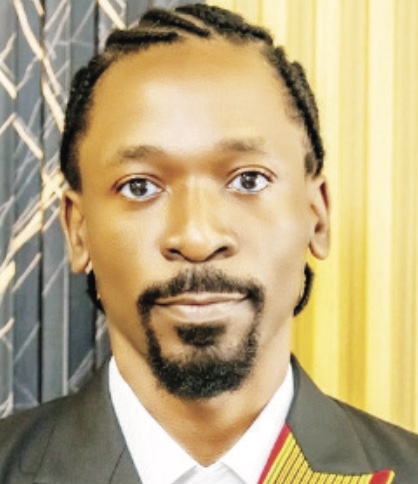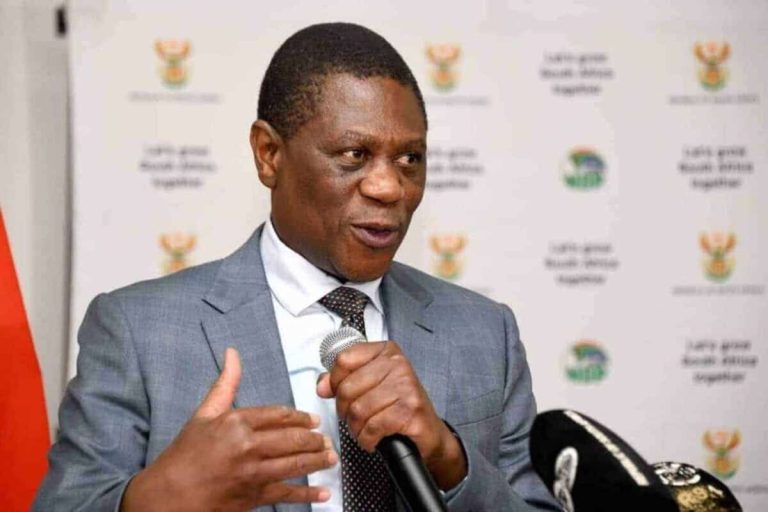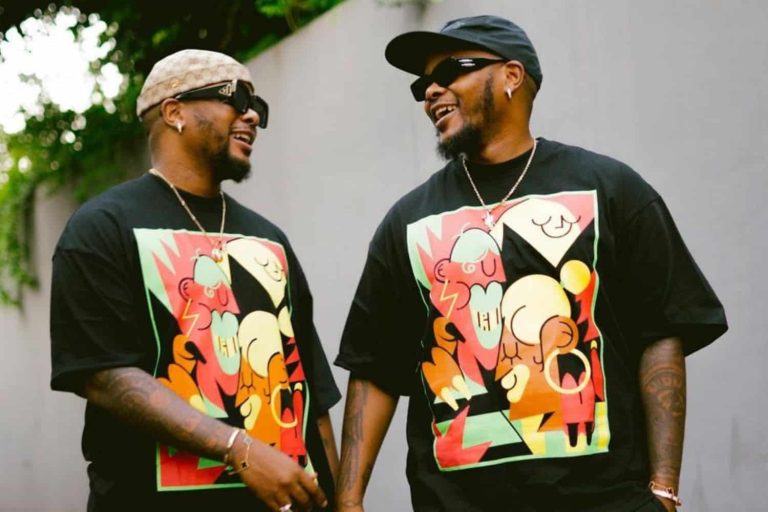
Screenshot

On 1 September 2025, the Uganda Law Society received an invitation from the Judiciary, signed in person by his Lordship the Chief Justice of Uganda Alfonse Chigamoy Owony-Dollo.
The occasion will be the 8th Annual Ben Kiwanuka Memorial Lecture, scheduled to take place on 19 September 2025. The established convention is that the Uganda Law Society makes a contribution to the proceedings in the form of a speech, usually given by our president, or their representative.
Upon scrutiny of the programme, the duplicity of the organisers was self-evident. There is no slot for a speech by the President of the Uganda Law Society, or his representative. We shall therefore not be in attendance, and are calling for a wider boycott of the event, by all members of the legal fraternity concerned with rebuilding the integrity of our legal system.
A BETRAYAL OF BEN KIWANUKA’S LEGACY
Ben Kiwanuka was a man of many accomplishments. He was a soldier, lawyer, leader of a political party, first African head of a Ugandan government, winner of the first national election ever held in Uganda, parliamentarian, former political prisoner, and Chief Justice.
In particular, he was a man who stood by his convictions such as they were, even when they were not popular. For example, at a time of very heightened political tensions during the transition to Independence, he opposed the idea of a federated Uganda despite the risk to his standing.
He was just fifty years old when he was last seen alive. Many of us in positions of great authority and influence over judiciary matters have had lives much longer than that. But what have we, by comparison, done with our time?
On September 21, 1972, Chief Justice Kiwanuka was forcibly taken from the premises of the High Court by armed men presumed to have been government security agents. He was never seen in public again, and no remains assumed to be his have ever been found.
There was no official announcement, no media reports or investigations, no coroner’s hearing or other kind of official inquiry. So, the generally-held belief that he was taken to Makindye military barracks and then killed, is all Uganda is left with.
This tragic incident was actually several fundamental points of a governance crisis rolled into one. It was an unlawful arrest; a detention without trial; inhuman and degrading treatment; a violation of the sanctity of the judiciary through executive overreach; a suppression of freedom of speech and a violation of media freedom.
And ultimately, it was an extra-judicial killing. There is only one question to be asked: what, fundamentally, is the difference between then and now?
THE ENDURING CRISIS OF CONSTITUTIONALISM
Each and every one of the transgressions against constitutional order listed above have been made again against our current Constitution, sometime repeatedly, since it was adopted in 1995.
In our time, we have witnessed Executive assaults on the independence and legitimacy of the courts. In 2010, Professor George Kanyeihamba, himself a former minister of Justice/Attorney General, and Supreme court judge made a series of statements about the petition challenging the outcome of the 2006 presidential election.
He stated quite clearly that the outcome of the hearing was unduly influenced by presidential telephone interference with some of the presiding judges. However, the most notorious case is the infamous 2007 “Black Mamba” incident, in which soldiers entered the premises of the High Court, assaulted a defence lawyer, and carried away suspects who had been granted bail.
There have been numerous others, and they continue to this day. The two most notable cases are, firstly, the controversy surrounding Justice Esther Kisaakye, whose maltreatment has garnered relatively little attention.
In brief, she dissented from her eight colleagues on a procedural issue in a 2021 presidential election petition, sparking a dramatic confrontation. When she attempted to deliver her dissenting judgment, the Chief Justice escalated the situation by directing his personal bodyguards to seize her case file from the bench and subsequently ordering the courtroom’s lighting and public address system shut off, leaving her unable to proceed.
Following another two years of workplace harassment and credible death threats, Justice Kisaakye is now in exile.
Four years after she petitioned the Constitutional court over Chief Justice Owiny-Dollo’s actions, the case lingers unresolved. Meanwhile, Francis Gimara, SC, Owiny-Dollo’s personal lawyer in the Kisaakye petition, is set to keynote the Ben Kiwanuka Memorial Lecture, an event celebrating judicial integrity and accountability – the very principles Kisaakye’s petition seeks to uphold.
A more pressing concern is the ongoing disregard by the Legislature and Executive of the Supreme Court’s ruling on trying civilians in military courts, a practice with a disturbing legacy dating back to Idi Amin’s regime.
Recently, this issue has gained notoriety with the cases of National Unity Platform members, and the high-profile case of Dr Kizza Besigye and Hajji Obeid Lutale, which prompted the Supreme Court to rule that civilians should not be tried in military courts. Despite the precedent set by the Besigye-Lutale case, which was transferred to a civilian court, many civilians remain in military custody, with some cases still being tried by military courts even after the ruling.
Ordinarily, incidents and allegations of this nature would spark outrage and prompt action from authorities. For instance, the Head of State could order an inquiry, or the Judiciary could establish an investigative panel. Yet, inaction prevails.
Notably, a contempt of court application filed in the Supreme Court regarding the government’s failure to effect the removal of civilans from military courts has languished, ignored by the chief justice, who has instead prioritized ribbon-cutting events, such as his pre-retirement party in Patongo and groundbreaking ceremonies in Gulu and Mbarara.
Given the global nature of the judicial community, the Judiciary could have leveraged international expertise by inviting judges from Commonwealth countries or beyond to constitute an Inquiry Panel or engage a consultant to help restore the Ugandan Judiciary’s integrity and effectiveness.
JUDICIAL COLLUSION AND STAGNATION
What do we have today? This is where the problem is. It would be bad enough if we were witnessing impotence on the part of the Chief Justice and of the Judiciary as a whole in the face of these transgressions.
But what is worse, is that this time round, we are also witnessing actual collusion on the part of the leadership of the judiciary in support of the actions of our constitutionally out-of-control executive.
It even raises the question of the incidents within the judiciary. If Justice Kisaakye’s statements are anything to go by, then it means that administrators with the judiciary’s bureaucracy are now expected to obey malicious, and even unlawful, instructions (switching off the public address system; blocking her allowances; denial of medical leave; etc.) coming from the office of the Chief Justice.
This is now a whole other issue in itself. In holding this event, are we honouring that legacy of service and conviction that we seek to follow, or are we holding this event to formally meet an important calendar date for the judiciary?
Or may be to cover up our own shortcomings, by giving the public the false impression that what we do these days in our respective legal roles is what Ben Kiwanuka would have been doing if he were with us today?
The simple fact now is that Justice has stagnated in Uganda. We should all know the statistics by now: 46.5% of prisoners are on remand. Nearly half have now exceeded whatever period they would have served if found guilty of whatever charges they face. The bench is understaffed by about 69 %, as of October 2024 only 31 % of approved judicial positions were filled.
At the same time, it faces a case backlog of over 42,588 according to the Judiciary Annual Report 2023/2024. The 2024 Auditor-General’s review found that some cases took between one and 22 years to conclude.
As a result, the prisons are generally filed beyond capacity to the rate of 356% (79,804 prisoners against a holding capacity of 22,419 in June 2025), leading to severe congestion, overcrowding and illness. There are no indications of any official plan to lead the system out of this mess.
This can be seen in the published program for the day. It is clearly laid out in a way that very deliberately smothers all possibility of an honest and radical ventilation of all these critical issues under a thick blanket of formalistic procedure. The Late Chief Justice Ben Kiwanuka is made present in name only, and not in spirit.
Stagnation is not static; it breeds decay. If we do not seek to constantly renew our commitment to the pursuit of Justice by challenging ourselves to be true to the oaths we swore and the vows we made, we will become undertakers to a dying system, and societal breakdown.
This requires regular self-examination, and a willingness to listen to the constructive criticism from others, even it offends you. In this, we have failed. It would appear that everyone in authority simply seeks to use the powers conferred on them to make decisions by leaning only on their own personal preferences and understanding.
The results of this degeneration can even now be seen cropping in the personal situations of highly trained and internationally recognized judicial officers finding themselves at odds with the basics of their calling.
A CALL TO HONOUR JUSTICE, NOT POWER
To say Justice is a human right is not enough. It is a vital element for a properly functioning society. The attack on the Chief Justice in 1972, with all the legal violations surrounding it, marked a death of the relationship between the state, and Justice.
Despite all the hopes and efforts of the subsequent decades, this clearly has never been repaired. These issues are not new. They just keep developing. They are the very points of concern within the wider legal fraternity that led to the election of the Radical New Bar to the leadership of the Uganda Law Society.
This is why we have called for all members of the ULS to boycott the scheduled memorial. To go along with this is to endorse the mummification of Justice. Let all lawyers now make a statement about which side they are on: Justice, or Power?
Until we, as the legal fraternity, can be like Ben Kiwanuka, or show a serious plan for working towards becoming more like him, we should simply keep his name out of our mouths. Our demands of, and recommendations to, the judiciary have long been in the public domain. We wait to hear something positive come back.
The author is the president of Uganda Law Society



